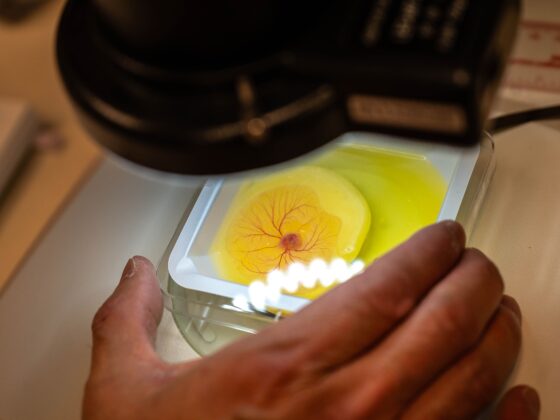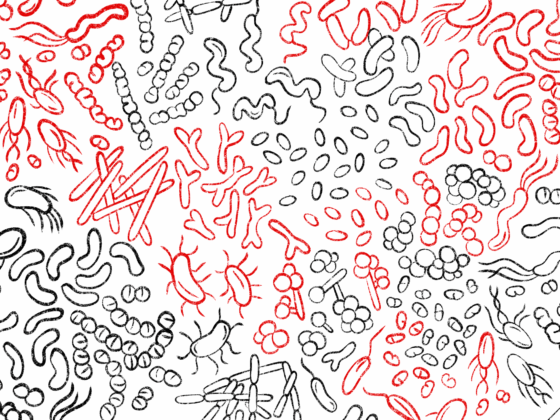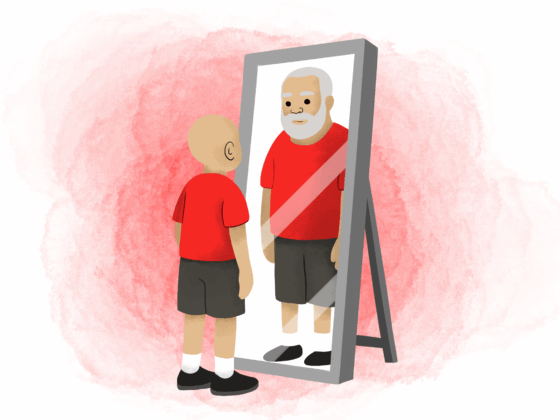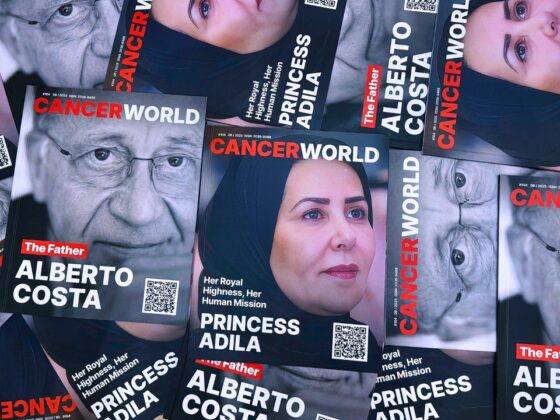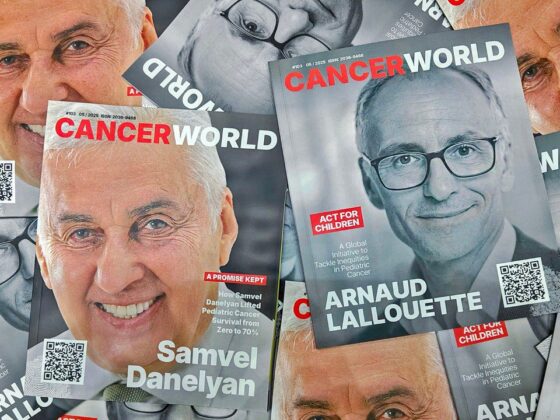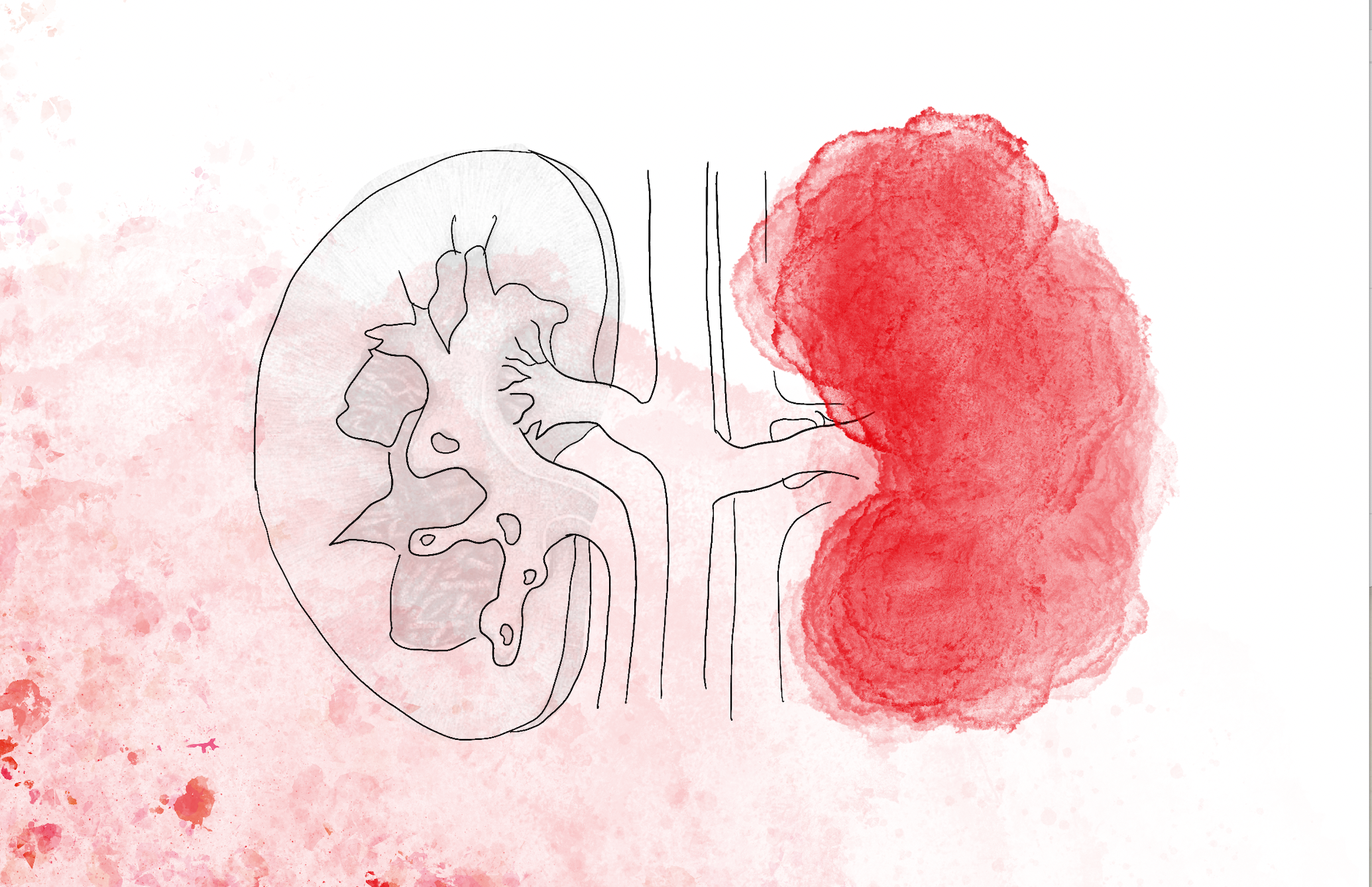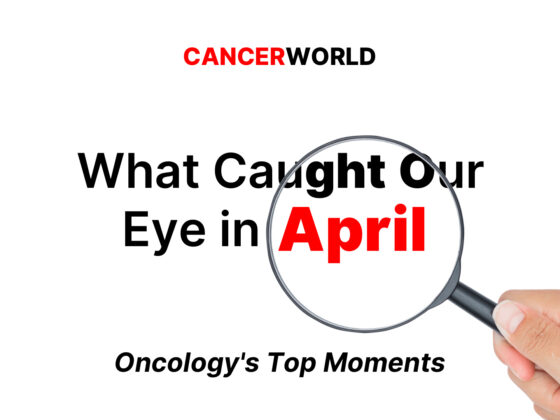Updated results of the MINDACT trial confirm that women with early-stage breast cancer, who were assessed to be at high clinical but low genomic risk for recurrence, and did not receive chemotherapy, continue to have excellent distant metastasis free survival (DMFS). The latest analysis, conducted at a median follow-up of 8.7 years, which was reported in Lancet Oncology (12 March), did however show, a small difference in outcomes according to age. While for women aged over 50 whose early breast cancers were clinically diagnosed to be high risk, but were found to have favourable genomic signatures, adjuvant chemotherapy did not deliver any benefits. In women aged less than 50 years, however, with a similar clinical and genomic risk assessment, adjuvant chemotherapy did confer a small benefit.
“Our findings will enable us to give individual patients better information about the risks and benefits of adjuvant chemotherapy, and allow them to play their part in making informed decisions on their treatment,” says Martine Piccart, the Principal Investigator from Institut Jules Bordet (Brussels, Belgium).
While cytotoxic agents and targeted drugs (e.g. endocrine and anti-HER2 agents) have been instrumental in eradicating micro metastases in breast cancer, there have been concerns around side effects and financial costs. The phase III MINDACT study, which took place in 112 institutions across nine European countries, set out to explore whether women found to have high clinical risks, but low genomic risks, could safely forgo chemotherapy. The investigators used MammaPrint, a genomic test analysing activity levels of 70 genes, to calculate risk of recurrence.
Between 2007 and 2011, 6,693 women, aged 18 to 70 years with histologically confirmed primary invasive breast cancer (stage T1, T2, or operable T3), with up to three positive lymph nodes, no distant metastases, and a WHO performance status 0‒1, had their genomic risk assessed using MammaPrint and their clinical risk assessed using a modified version of Adjuvant! Online.
Women at low clinical and low genomic risk received no chemotherapy; those at high risk both clinically and genomically received chemotherapy; and patients with high clinical risk and low genomic risk were randomised to receive chemotherapy (n=749) or not (n=748). After a median follow-up of five years, the primary analysis, published in the New England Journal of Medicine in 2016, showed patients classified as at high clinical risk and low genomic risk who did not receive chemotherapy had a five-year DMFS of 94.7%. “The majority of women in MINDACT had luminal breast cancer that was hormone receptor positive, HER2 negative, and known to have a substantial risk of relapse between five and 10 years. This made it important to undertake a second analysis,” Piccart told Cancer World.
Results of the latest analysis showed that, for the 1,497 women who were at high clinical but low genomic risk, DMFS at eight years was 92.0% for those receiving chemotherapy versus 89.4% for those not receiving chemotherapy (HR=0.66; 95%CI 89.6‒93.8). When stratifying by age, investigators found for women over 50 there was no difference in DMFS between women who received adjuvant chemotherapy and women who did not, but for women aged 50 years or younger, a 5% benefit was found for DMFS, favouring those receiving chemotherapy.
The most likely explanation for the enhanced chemotherapy effect seen in younger women, write the authors, is the indirect endocrine effect that occurs through suppression of ovarian function by chemotherapy. Suppression of ovarian function as the mechanism for the beneficial effect is supported by recent subgroup analyses of the TAILORx trial, which found no benefit from chemotherapy in the very young women in whom chemotherapy did not induce ovarian function suppression. “This suggests that if young women in the two trials had received a ‘strong endocrine’ therapy no chemotherapy benefit would have been observed,” says Piccart.
Regarding treatment of young women, Piccart says, “If the signature comes back low risk, the clinician needs to counsel them. If they don’t want to take any risks, they should have chemotherapy, but if they’re reluctant to have chemotherapy we can discuss alternative options like stronger endocrine treatments.” Such treatments, she adds, could include combining LH analogues with tamoxifen or an aromatase inhibitor.
The latest MINDACT results, Piccart hopes, will inspire more health authorities to prioritise reimbursement of MammaPrint. “Many European countries still don’t reimburse MammaPrint, with the result that women are being denied the possibility to avoid unnecessary chemotherapy, and in consequence are being exposed to long term side effects,” she says.





